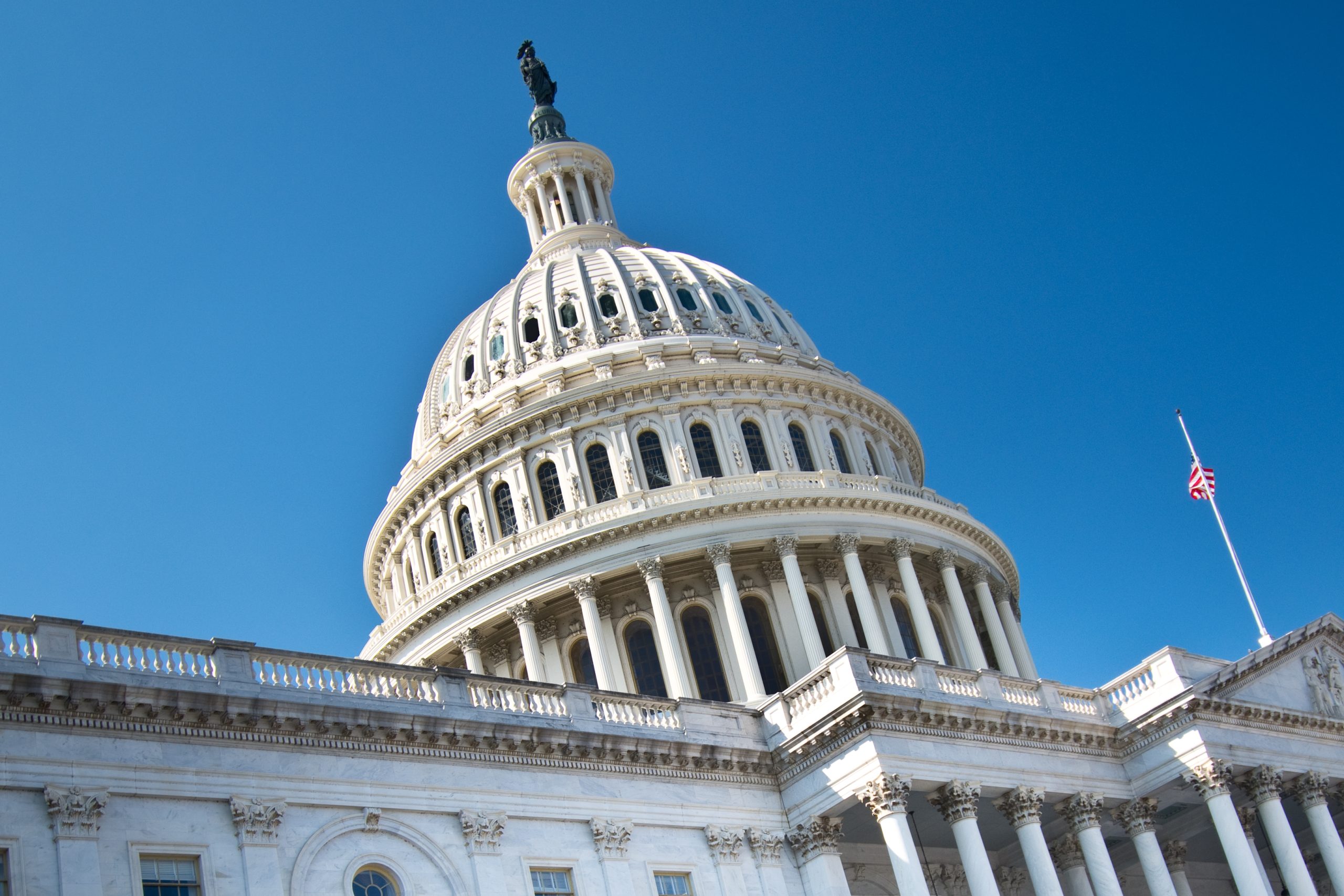Government Affairs and Advocacy
Take Back Your Narrative: The Power of Advocacy
In the world of policy and advocacy, personal stories have the power to drive change. Whether you are an emerging advocate or a seasoned professional, harnessing the strength of your lived experience can influence decision makers. Use these tips to translate your story into meaningful action.
The Power of Your Story
Many advocates hesitate to share their experiences, feeling uncertain about how to craft their narrative or make a compelling ask. However, your story is one of the most powerful tools at your disposal. It provides a human element that data and statistics alone cannot convey. To take back your narrative, consider:
- Reflect on Your Journey: What led you to this moment? What challenges have you faced? What successes have you achieved?
- Being Direct and Specific: Keep your story concise and ensure your ask is clear.
- Understand the Process: Know what steps are needed to move your request forward in a congressional office or policy-setting environment.
From Narrative to Action
Once you have crafted your story, the next step is to turn your advocacy into action. To make your engagement effective, remember to:
- Make a Strong Ask: A great story is powerful, but a direct request makes it actionable.
- Follow Up: Comfort in sharing your narrative is important, but following up ensures your voice is heard.
- Network Your Successes (and Failures): Learning from both achievements and challenges strengthens advocacy efforts.
A simple thank you note is more than just courtesy—it keeps the conversation going and reinforces your connection with decision-makers.
Join me for a free webinar April 2 from 1-2 p.m. ET to learn more and get started on your advocacy journey.
Strengthening Your Advocacy Efforts
Taking your advocacy to the next level requires skills, training, and a network of like-minded changemakers. That’s where Social Current’s Advocacy Amplified Training and Hill Day comes in. This event equips advocates with the tools to effectively share their narratives, make strategic asks, and engage with policymakers at the highest levels. Register to join us in Washington, D.C., June 16-18 to strengthen your skills and meet with legislators on Capitol Hill.
Additionally, Social Current’s Grassroots Advocacy Network offers year-round opportunities to connect with other advocates, receive guidance from policy experts, and stay informed on critical issues affecting human and social services. By joining this network, you become part of a collective voice that influences policies and drives real change.
Own Your Narrative, Drive Change
Advocacy is about more than just sharing experiences—it’s about making a difference. By confidently owning your story, making clear asks, and engaging with decision-makers, you can create a lasting impact. Whether you’re new to advocacy or looking to refine your approach, Social Current offers resources and consulting that can help you become a stronger, more effective advocate.
Your voice matters—use it to shape the future.
Learn more about Social Current’s Government Affairs and Advocacy Impact Area.


